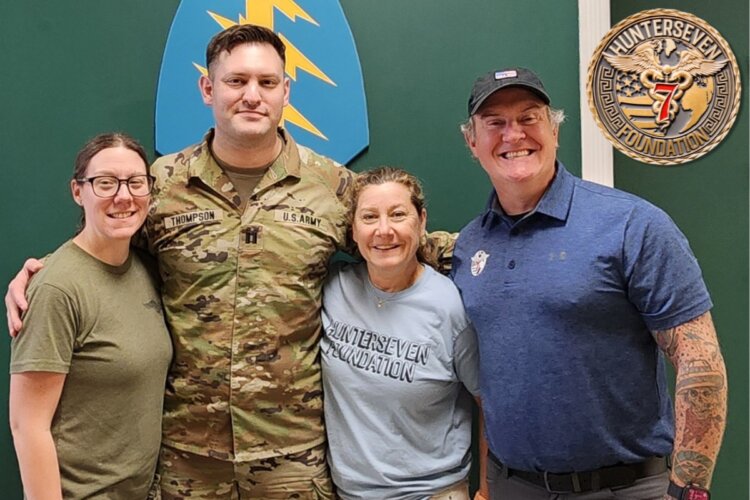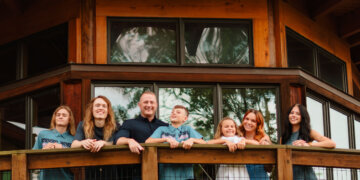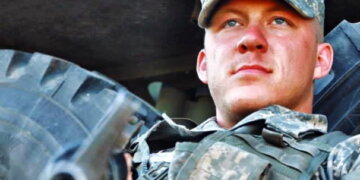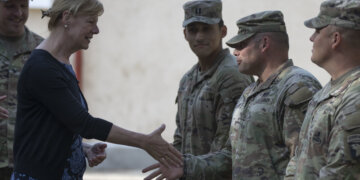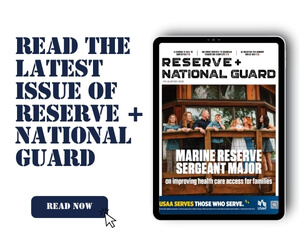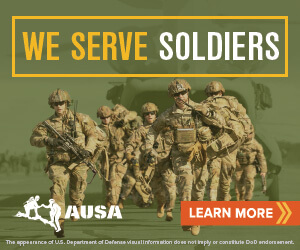Capt. Jordan Thompson has been a company commander in Alabama National Guard’s 20th Special Forces Group since October 2023, and in that short time, he’s lost more than one soldier to cancer.
“We’ve lost a couple … to different types of cancer,” Thompson said. “And I wanted to make sure that if there’s a way we could potentially get ahead of that, that we’re going to take advantage of that resource … [so] we can be proactive rather than reactive.”
Thompson learned about the HunterSeven Foundation in a group chat with other military leaders, and he knew it was something he wanted to look into for his soldiers.
HunterSeven is a veteran-founded nonprofit organization focused on the health of Global War on Terror-era veterans, specifically cancer care and research. They hold screening events nationwide, including their largest event ever in January during the annual Shooting Hunting Outdoor Trade (SHOT) Show in Las Vegas.
“That was phenomenal,” said Tim “Chachi” Pachasa, HunterSeven’s chief operating officer. “That event adjusted our whole strategy for the entire year.”
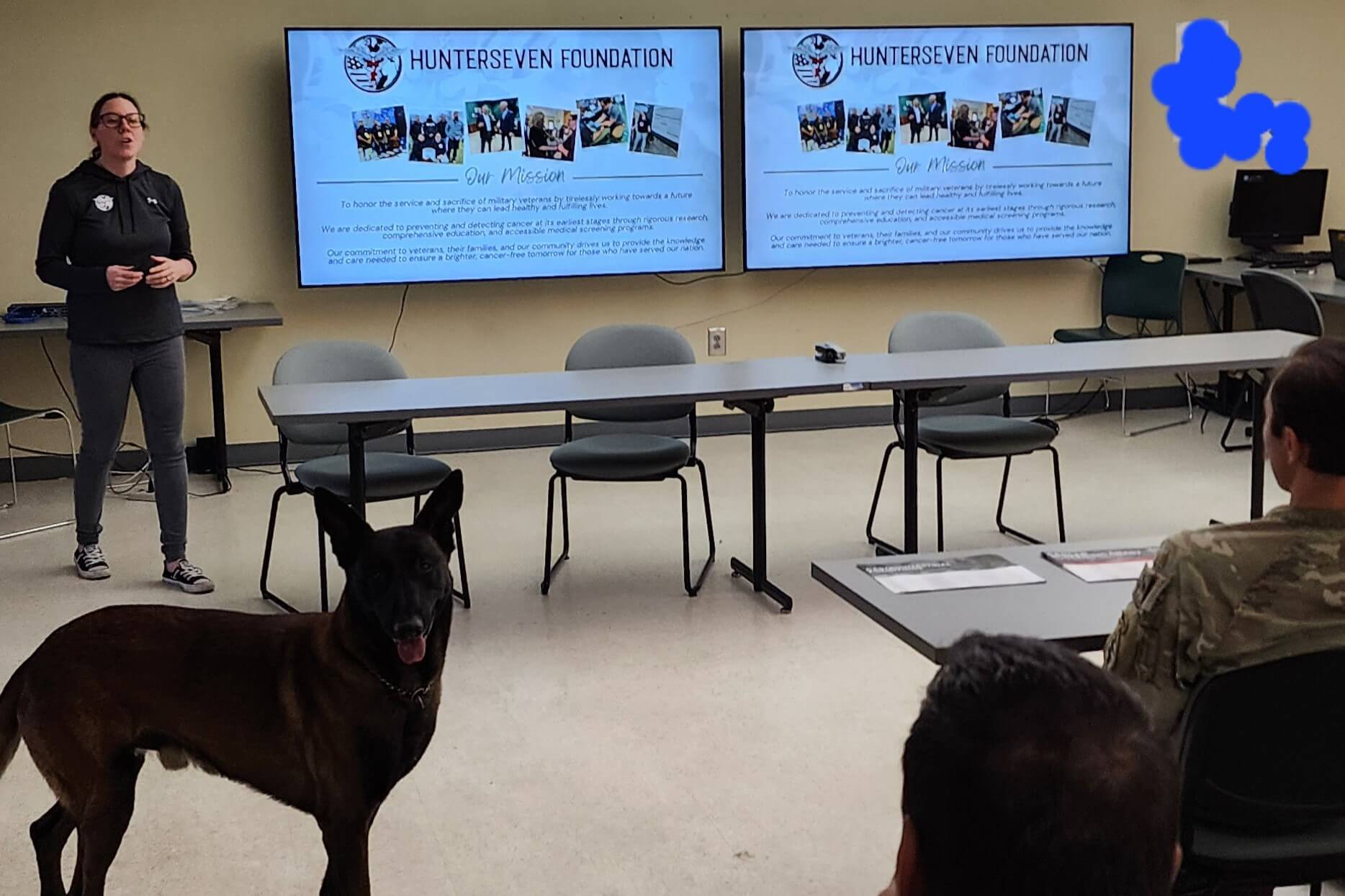
While they had started with one sponsor and intended to test 100 veterans — 50 on each day on the show floor — they ended up with two additional sponsors and conducted tests on 150 to 200 veterans per day.
A month later, Pachasa headed to Alabama, where more than 70 National Guard soldiers in Thompson’s company were screened for signs of potential cancer risks. Thanks to donations and sponsors, HunterSeven provided all the screening kits at no cost. Before the screenings, HunterSeven gave a presentation to help the soldiers gain a better understanding of what they do.
“We did have some people, sadly, come back with some findings,” said Pachasa, adding that the tests they run identify abnormal levels in the blood and don’t translate to a cancer diagnosis.
“Chelsey [Simoni, executive director and clinical nurse researcher at HunterSeven] has done a great job of doing personalized reviews of all of those results, having a consultation with those folks and telling them what to do, to speak to their PCM and things of that nature.”
Pachasa said the organization is a supplement to, not a substitute for, the other health programs available to veterans. Their main tenants are what he called the “four Ts”: teach, test, treatment and triumph.

“Maybe triumph is we help these veterans and service members beat cancer,” Pachasa said. “Maybe triumph is making them comfortable in their waning days and weeks of their cancer battle, and then maybe triumph is still providing support and resources and a network to the family that they leave behind.
“We’re really focused on our Warrior Care Program to make sure that we’ve got this comprehensive, full spectrum look at how cancer affects the veteran and service member, and then, you know, provide the infrastructure to make sure that we can do what we can for our warriors.”
Getting the screening done early and identifying abnormalities that wouldn’t necessarily be looked for in a traditional medical setting was the biggest draw for Thompson. He was also impressed with how HunterSeven homed in on each soldier’s potential exposures based on their service.
“They might look more closely for this type of cancer than that type of cancer” depending on the soldier’s age and where they deployed, Thompson said. “There was a quote that Chelsea gave during her presentation that really hit me hard, and it was that Green Berets are three times more likely to die from cancer than they are from combat. And that really stuck with me.”
HunterSeven regularly hosts screening events across the country, with their next big event slated for May 5-8 in Tampa, Florida, during SOF Week.
Find out more information about the organization, how to get screened or make a donation at hunterseven.org.
Read comments



